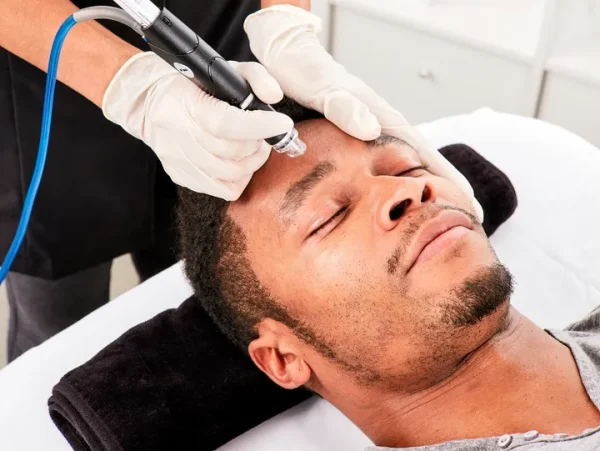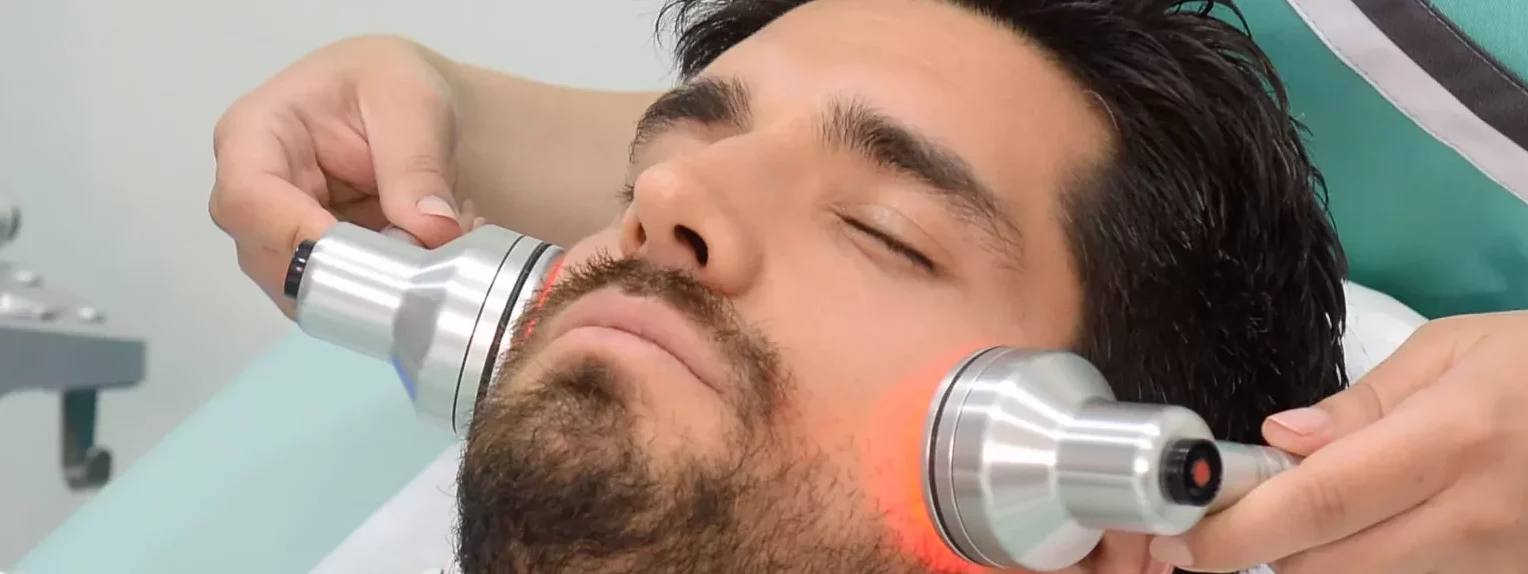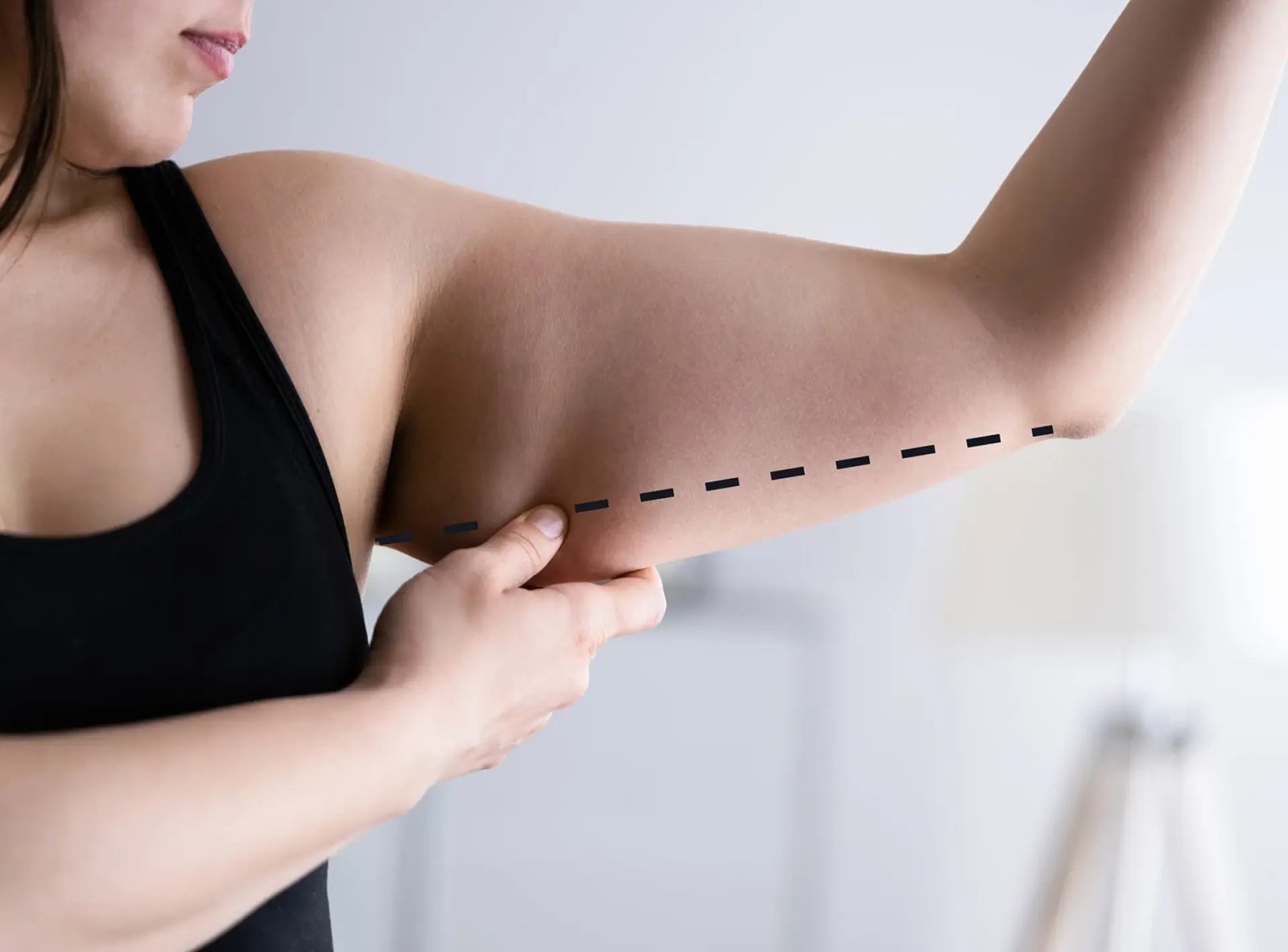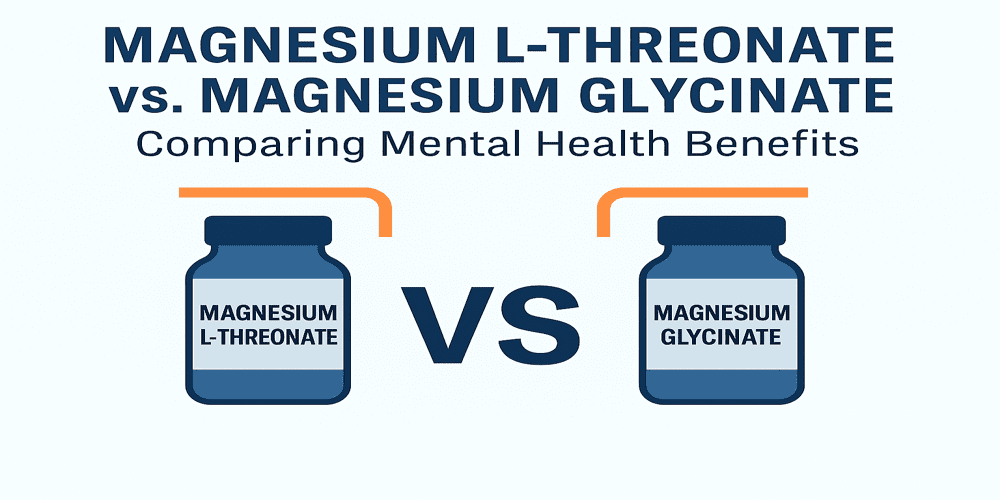Laser hair removal has emerged as a popular choice for those seeking a long-term solution to unwanted hair. But a question that frequently arises is, Can You Get Laser Hair Removal Over a Tattoo? Tattoos are often cherished as personal expressions of art and identity, leading to concerns about potential damage during the hair removal process. This blog will delve into the compatibility of laser hair removal with tattoos, ensuring you have all the information needed to make an informed decision.
Understanding Laser Hair Removal
Laser hair removal is a procedure that uses concentrated beams of light to target and destroy hair follicles, preventing future hair growth. The effectiveness of this treatment is largely dependent on the contrast between the hair and skin color. Darker hair on lighter skin types tends to show the best results.
How Laser Hair Removal Works
The process involves the absorption of light by the pigment in the hair follicles. As the light converts to heat, it damages the hair follicle, inhibiting future growth. Typically, multiple sessions are required to achieve optimal results due to the hair growth cycle.
The Interaction Between Laser and Tattoos
Tattoos add a layer of complexity to the laser hair removal process. The ink in tattoos can absorb laser light, which may affect the surrounding skin and the results of the removal treatment.
Tattoo Ink Absorption
Tattoo inks come in various colors, and each color possesses different properties regarding light absorption. Darker inks, such as black or blue, absorb laser light more than lighter colors. This means that treatment over a tattoo could lead to varying outcomes depending on the ink color.
Potential Concerns with Laser Hair Removal Over Tattoos
When laser light encounters a tattoo, several issues may arise. Not only could the ink absorb too much light, potentially overheating the treatment area, but there are also aesthetic considerations. The laser treatment might affect the appearance of the tattoo, leading to fading or distortion of the design.
Can You Get Laser Hair Removal on Tattooed Areas?
Despite the potential concerns, many people wonder whether it’s safe to undergo hair removal over tattooed skin.
Consultation is Key
A thorough consultation with a qualified practitioner can offer personalized advice regarding your specific situation. They can assess the tattoo closely, considering its size, color, and location relative to the hair you wish to remove.
Assessing the Area
The decision may also depend on the density of hair around the tattoo. If the hair is sparse near the tattooed area, the practitioner might recommend avoiding treatment directly over the ink. In contrast, hair that is dense and in close proximity to the tattoo may require more specialized planning.
What Are the Alternatives to Laser Hair Removal Over Tattoos?
If direct laser hair removal over tattoos is not advisable, several alternatives exist for achieving smooth skin while preserving your tattoo.
Shaving
One of the most straightforward methods is shaving. While it offers a temporary solution, it doesn’t provide the long-term benefits of hair removal. Shaving can be done as frequently as needed without compromising the integrity of the tattoo.
Waxing
Waxing is another option that some might consider. However, this method can be painful and usually involves some skin sensitivity, particularly if the area is in close proximity to a tattoo. Like shaving, waxing is also temporary and necessitates regular upkeep.
Electrolysis
For those looking for a longer-lasting solution without lasers, electrolysis may be considered. This method involves using electricity to destroy hair follicles and can be performed on all skin and hair types. Consult with a professional to weigh the pros and cons, especially regarding tattooed areas.
Precautions After Laser Hair Removal Near Tattoos
If you proceed with laser hair removal in areas close to tattoos, taking the proper aftercare precautions is essential to promote healing and maintain your tattoo’s appearance.
Keep the Area Clean
After laser treatment, the area may be sensitive. Keeping it clean and moisturized is crucial to avoid infections. Use gentle, unscented products to minimize irritation.
Avoid Sun Exposure
Protecting your treated skin from the sun is vital. UV exposure can lead to fading, particularly over tattooed areas. Applying a broad-spectrum sunscreen can help preserve both your skin and tattoo after treatment.
Monitor for Changes
Keep an eye on your tattoo and the surrounding skin for any changes. If you notice anything unusual, consulting a skincare expert is advisable to assess the need for intervention.
Frequently Asked Questions
1. Can laser hair removal completely remove hair over a tattoo?
Hair removal can reduce hair growth significantly, but results can vary, especially over tattooed areas. Some individuals may notice uneven results due to the presence of ink.
2. Does laser hair removal hurt more over a tattoo?
Pain tolerance varies among individuals, and the presence of a tattoo may increase sensitivity in the area. Discuss pain management options with your practitioner to ensure a comfortable experience.
3. Should I wait until my tattoos are fully healed before getting hair removal?
Yes, it is generally advisable to wait until tattoos are fully healed before undergoing any laser procedures in the area. Healing usually takes a few weeks, so it’s best to consult with your tattoo artist for recommendations.
4. Can I still access hair removal if I have multiple tattoos?
Yes, you can opt for laser hair removal if you have multiple tattoos. However, each tattoo’s design and location will be assessed during consultation to create a tailored plan that respects the integrity of your artwork.
Conclusion
In conclusion, can you get laser hair removal over a tattoo? While it is possible, careful consideration and consultation are necessary. Understanding the dynamics of laser technology alongside tattoo ink can help mitigate potential issues. Ultimately, your tattoo should be preserved while achieving the desired results from hair removal procedures. Always prioritize a qualified professional who can guide you through the best options tailored to your unique skin and tattoo situation.
















Leave a Reply